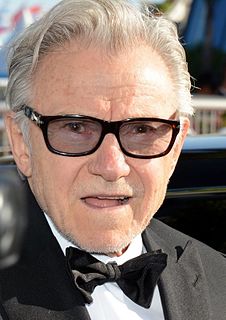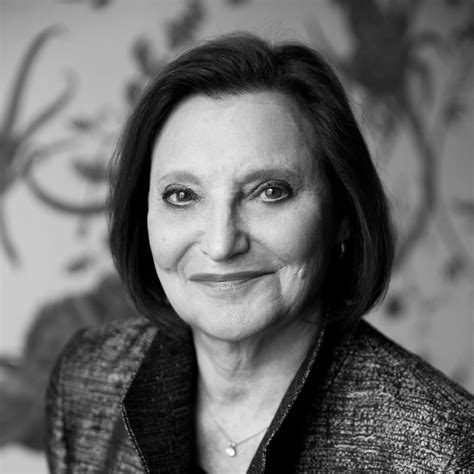A Quote by Toni Morrison
Some literature is knowledge, some is just data. But if I can get a "happy" ending - which is when for the characters I'm writing about, something happens that they move from wherever they are in the beginning to knowledge or wisdom, they know something they never would have acknowledged or realized if it hadn't been for my book - that for me is what literature does.
Related Quotes
What a lost person needs is a map of the territory, with his own position marked on it so he can see where he is in relation to everything else. Literature is not only a mirror; it is also a map, a geography of the mind. Our literature is one such map, if we can learn to read it as our literature, as the product of who and where we have been. We need such a map desperately, we need to know about here, because here is where we live. For the members of a country or a culture, shared knowledge of their place, their here, is not a luxury but a necessity. Without that knowledge we will not survive.
Most British playwrights of my generation, as well as younger folks, apparently feel somewhat obliged to Russian literature - and not only those writing for theatres. Russian literature is part of the basic background knowledge for any writer. So there is nothing exceptional in the interest I had towards Russian literature and theatre. Frankly, I couldn't image what a culture would be like without sympathy towards Russian literature and Russia, whether we'd be talking about drama or Djagilev.
I don’t think it would have all got me quite so down if just once in a while—just once in a while—there was at least some polite little perfunctory implication that knowledge should lead to wisdom, and that if it doesn't, it's just a disgusting waste of time! But there never is! You never even hear any hints dropped on a campus that wisdom is supposed to be the goal of knowledge. You hardly ever even hear the word 'wisdom' mentioned!
To me, feminism in literature deals with the female characters being in some way central to the thematic concerns of the book, or that they are agents of change to some degree. In other words, the lens is focused deeply and intensely on the female characters and doesn't waver, which allows for a glimpse into the rich inner lives of the characters.
In a corporate context, companies have to try very hard to oppose the enticements of conventional wisdom. They must aim for the leaps, which means that companies have to do more than simply manage their knowledge, which is composed of the insights and understandings they already know. They also have to manage the knowledge-generation process. It's not just about, "Oh, we're going to create a data warehouse and we are going to invent a computerized filing system to get at all the stuff we know."
I saved letters from my boss. There are things in there that are directly transcribed. I was so glad I did that. Sometimes when I was writing the book I wondered if some little writer hobbit part of my brain was back there puppeteering that action. But it really never, on any conscious level, occurred to me that I would write about it. I will say, I thought probably some day there would be an ancillary character in some novel - not in the one I was currently writing - that would be a dominatrix or something.
If you are interested in happy endings, you would be better off reading some other book. In this book, not only is there no happy ending, there is no happy beginning and very few happy things in the middle. This is because not very many happy things happened in the lives of the three Baudelaire youngsters.
We do literature a real disservice if we reduce it to knowledge or to use, to a problem to be solved. If literature solves problems, it does so by its own inexhaustibility, and by its ultimate refusal to be applied or used, even for moral good. This refusal, indeed, is literature's most moral act. At a time when meanings are manifold, disparate, and always changing, the rich possibility of interpretation--the happy resistance of the text to ever be fully known and mastered--is one of the most exhilarating products of human culture.





































